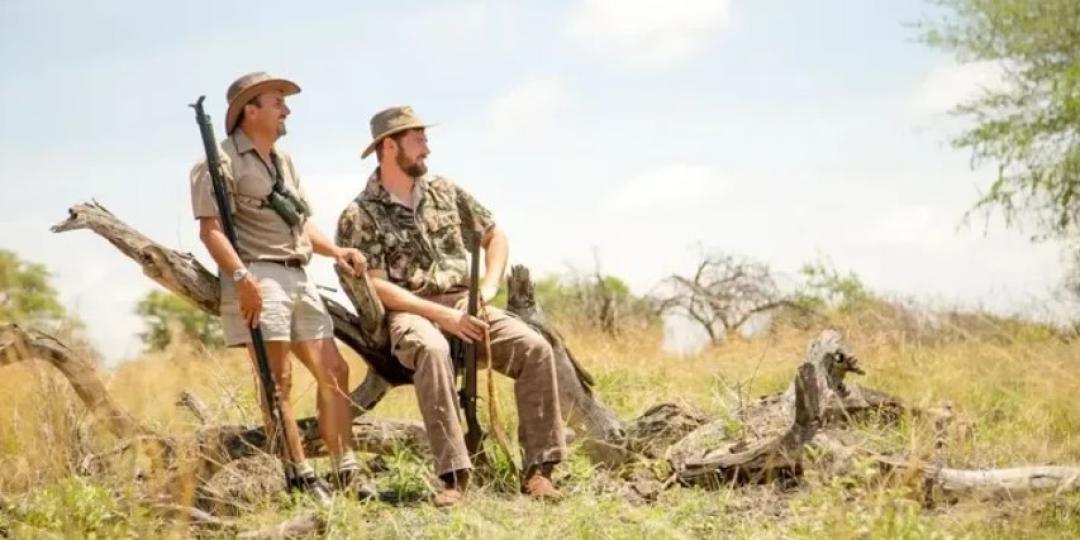Trophy hunting, the keeping of captive lions for commercial purposes, and the breeding of lions in captivity, are once again in the spotlight in South Africa, as government’s draft Policy Position seeks to stop unethical hunting practices.
The Custodians of Professional Hunting & Conservation South Africa (CPHC) told Tourism Update it supported this decision by the government, although it was concerned about some of the terminology being used in the draft Policy Position.
The association is currently busy working through the draft and will comment once its position has been finalised.
Break away from PHASA
The Professional Hunter’s Association of South Africa split into two different organisations following the release of the documentary Blood Lions – which exposes the reality of canned lion hunting and lion trophy hunting in South Africa – with the CPHC being formed as a result of the different views on lions being bred in captivity.
“Both organisations’ mandates are to look after the best interests of the professional hunting industry in South Africa. Although both organisations support responsible hunting, we do have a difference of opinion on the hunting of predators that were bred in captivity. We are totally against it. PHASA supports it under certain circumstances,” said CPHC.
PHASA declined to comment on this article.
‘Trophy’ hunting creates wrong impression
CPHC said it was against the term ‘trophy’ hunting, as it created the impression that the trophy was the main or only object of the hunter, and that that the remainder of the animal was not utilised.
“This impression is far removed from reality. The true hunter, first and foremost, seeks an authentic wilderness experience and ensures that no part of any animal is wasted. We fully support and promote ethical and responsible hunting. Its contribution to biodiversity conservation, job creation and socio-economic upliftment is indisputable.”
CPHC also strongly objects to so-called canned hunting. “This term generally refers to the hunting of predators bred in captivity. Our opposition to this is based on our ethical beliefs. These include matters such as hunting ethics, animal welfare issues and the absence of any proven conservation value.”
Not in favour of ‘lion protection fee’
The association said it was not in favour of a potential ‘lion protection fee’ which could possibly help ban trophy hunting in the country, stating that the levy could take away the right from everyone earning a living through hunting.
“We are not in favour of any measure aimed at stopping ethical and responsible hunting. Any such measure is in the first place probably unconstitutional. Section 24 of the Bill of Rights in our Constitution stipulates that ‘Everyone has the right to… have the environment protected, for the benefit of present and future generations, through reasonable legislative and other measures that... secure ecologically sustainable development and use of natural resources while promoting justifiable economic and social development’. Section 22 of the Bill furthermore guarantees the right to choose a ‘trade, occupation or profession freely’.”
CPHC also believes that hunting is a cultural right that is recognised by bodies such as the International Union for Conservation of Nature.
How does CPHC ensure ethical hunting?
CPHC is a voluntary membership organisation, and most of its members are professional hunters, hunting outfitters and field staff.
“All our members are committed to abide by our Code of Conduct, which include, amongst others, a commitment to uphold ‘the highest standards of ethical and responsible hunting while in the field and promote the traditions of responsible hunting’.”
Contraventions of its Code of Conduct are dealt with in terms of the constitution and disciplinary rules. “By signing our Code of Conduct, our members also commit to ensure that their hunting clients (mostly international hunting tourists) will act in a responsible and ethical manner.”
Challenges and opportunities to hunting
CPHC pointed out that there were numerous challenges in the hunting industry but that it was important to remember that hunting was about the sustainable use of renewable resources.
“Our biggest challenges are not ecological but rather ignorance amongst the public about what hunting entails and about the conservation and socio-economic benefits that it creates. This in turn allows the public to be influenced by unscientific and emotional arguments, which eventually leads to a negative perception about hunting.
“There are other challenges too, such as rhino poaching. The hunting industry is also not immune to factors that impact the general tourism sector, for instance perceptions about crime and poor economic growth that hampers investment.”
However, the association believes hunting contributes significantly on many levels.
“Many first-time visitors are exposed to South Africa through hunting. The industry creates economic opportunities throughout the full value chain, from wildlife ranching, hunting, product development and sales (including venison), eco-tourism and the like. On a socio-economic level it continues to create jobs, entrepreneurship opportunities, skills transfer, food security and direct economic investment.”






















